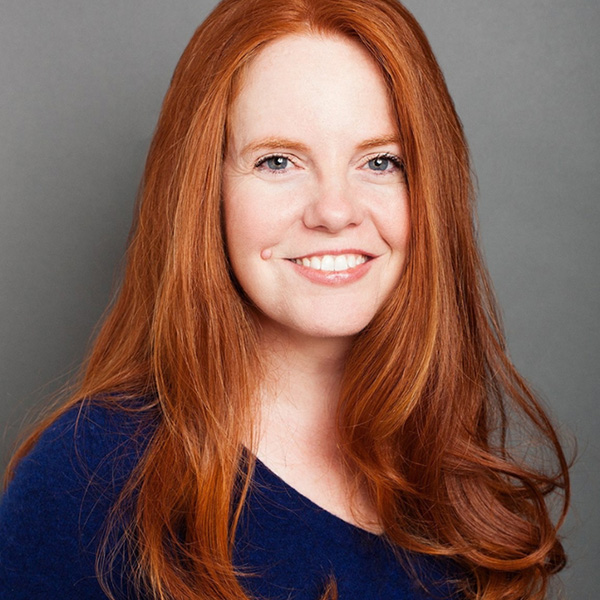CFA School of Music’s New Speaker Series Helps Students Build Careers Beyond Performance

Photo by seamartini/iStock
CFA School of Music’s New Speaker Series Helps Students Build Careers Beyond Performance
Dynamic speakers aim to help students think past stages and performance when building a sustainable career in music
Dana Fonteneau bleeds music. She was born to a family of musicians, began playing violin as a child, switched to cello, played with orchestras as a teenager, studied at the most respected conservatories, and was on her way to a long, successful career as a musician.

Then, before turning 30, she walked away from it. Instead, she found a way to use her life experiences in the intense, pressure-packed world of professional music to help others manage things like stage fright, audition anxiety, and public speaking. She no longer plays music, but as a somatic psychotherapist running her own business, The WholeHearted Musician, music is still central to her career.
“Being a musician,” she says, “is so much more than performing on stage.”
Her journey is a perfect fit for a career development workshop series Boston University’s College of Fine Arts School of Music has launched. The featured speaker on October 23, Fonteneau will talk about “How to Design Your Career Before You Graduate.” (The event is in CFA Room 165. Find the full series of events here.)
The speaker series, described as “dynamic workshops presented by renowned guest speakers who share their insights, challenges, and innovative approaches toward successful careers in the arts,” is being organized by Mike Reynolds, a longtime CFA professor of cello, and Barbara Raney, School of Music assistant director for student services.

“Being a musician requires your skills, but it’s not just your playing skills,” Reynolds says. “With the internet, it’s blown up possibilities for how you can engage with the world.” A strong social media presence, he says, can help a cellist or a pianist earn income by teaching students “from around the planet.”
Raney says music students and musicians have to learn how to be their own best advocates and to think about creative ways to use their musical talents beyond performing. In addition to the Bachelor of Music major, the School of Music offers a Bachelor of Arts for students who want a liberal arts education in music—without a strict focus on performance—to help musicians embrace a more diversified career approach with multiple income streams. “You have side hustles and you slowly build your portfolio,” she says.
Among the skills Raney and Reynolds hope students think about as they look for ways to use their musical talents beyond the stage: designing their own website, building a strong social media presence, learning how to launch a music festival, understanding the art of fundraising, working with a board of trustees, learning about available grants and how to apply for them, and building and maintaining a subscriber mailing list.

Fonteneau echoes that sort of thinking.
“When I was 29, I had a change of heart, and realized I wanted to become a psychotherapist focused on the arts,” she says. “I was teaching full time, performing full time, and it took a long time to put the cello down.”
Her business today includes teaching workshops, helping musicians manage stage fright, burnout, time management, injury recovery, audition stress, and speaking at conferences—and even doing executive coaching.
“If you ask most music students, ‘What do you want to do for a career,’ they will say, ‘I want to audition for an orchestra.’ But they haven’t questioned how much money they need, if it’s sustainable, union contracts, things like that. When they get it, they’re afraid to give up what they got or think about it differently. It’s all about shifting from an employee mindset to a growth mindset.”
The BU speaker series, Fonteneau says, is something she wishes she’d had back when she went to college at the San Francisco Conservatory. “Music prepared me, but it’s a different kind of growing up. It’s really tricky. Musicians are some of the most talented people on the planet.”
But it’s also a cutthroat environment for many needing to earn a living. Musicians have to “flip the script,” Fonteneau says, and think about “changing from impossibility to infinite potential.” Her talk on October 23 will aim to get students to not only focus on external validation and pleasing others with their music, she says, but also focus on pleasing themselves first.
Raney says music students have to be thinking way beyond the concept of being a career musician: “They have to think more broadly.”